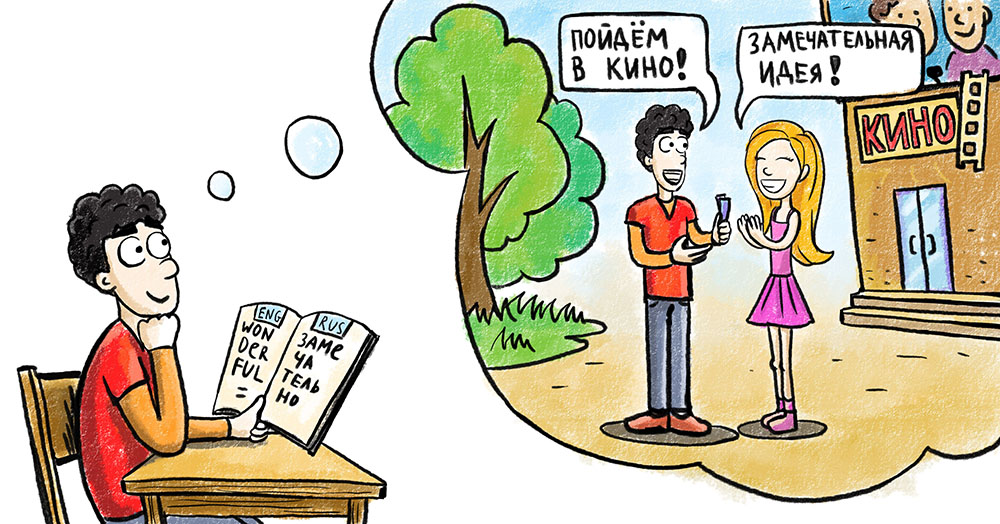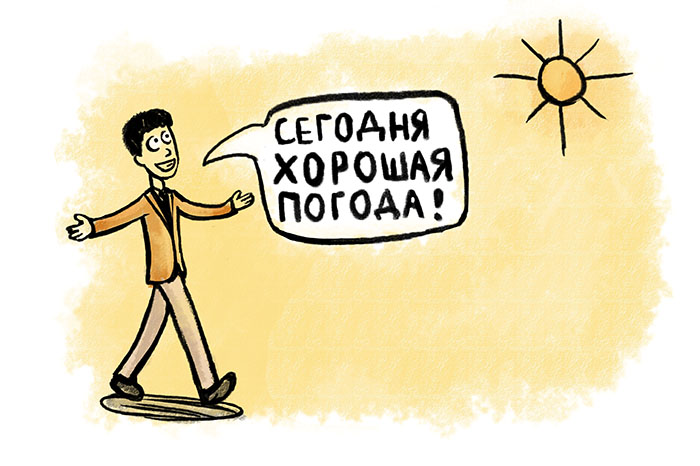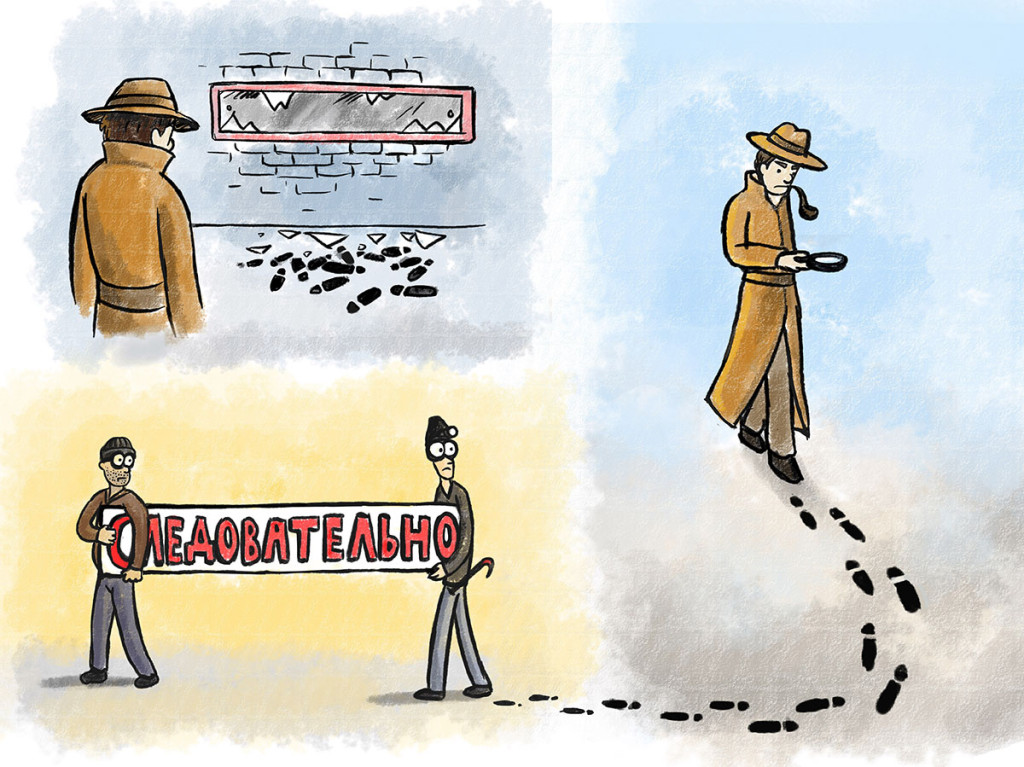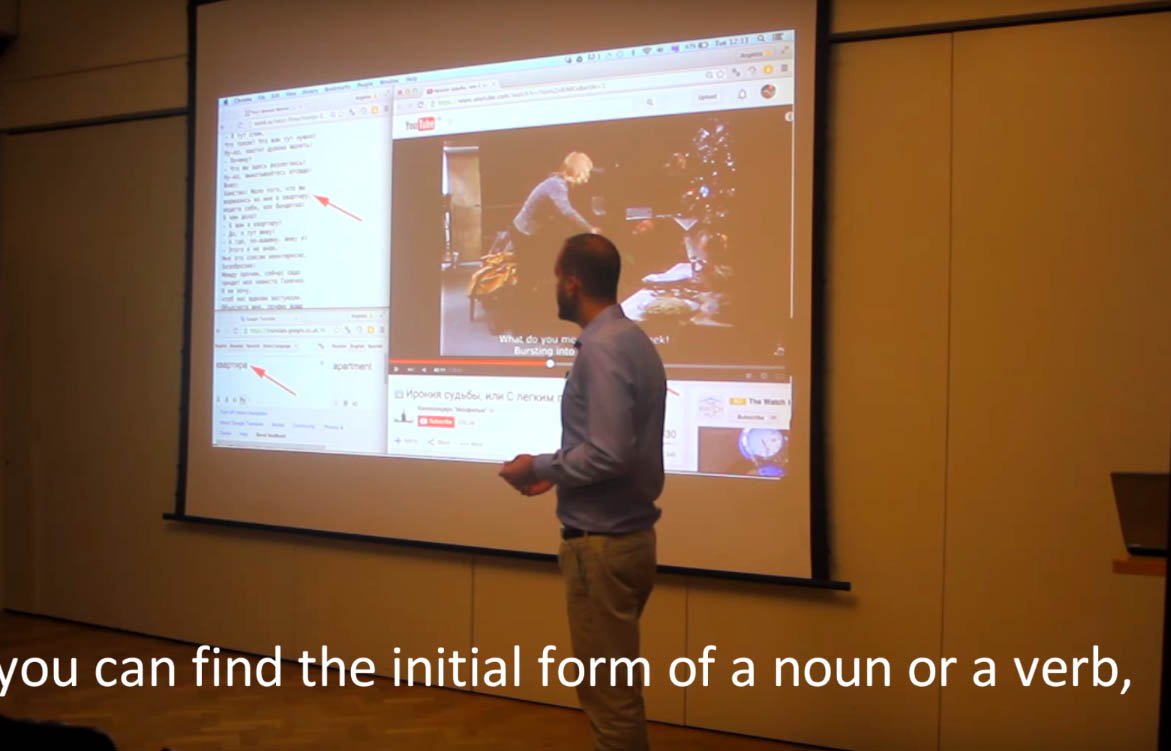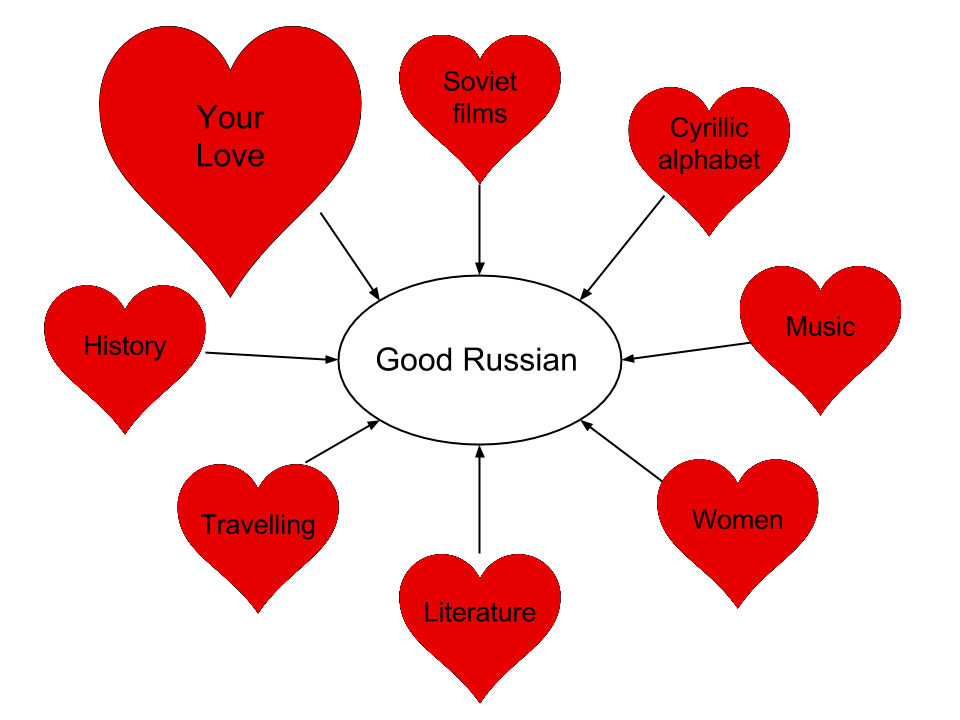Hi,
My name is Angelos. Five years ago, I left my country Greece that was struggling with unemployment, to start my professional career in London. I was twenty-five and had a burning desire to succeed.
The definition of success is different for each one of us and usually changes as we grow older.
For me, when I arrived in London, success was to work in investment banking and make lots of money.
However, I didn’t have any finance background or working experience and I knew my goal would not be that easy, especially at the onset of a global financial crisis.
Within a month, I got my first job and became a Christmas tree seller!
After the Christmas season, I was doing different things to make a living; I was teaching maths, setting up the Wifi in coffee shops and working as a musician in Greek venues.
At that time, my financial situation was still tight and I had to keep costs to a minimum; I was living in a tiny single room, chasing the ‘2 for 1’ Tesco deals and commuting on my bike.
It was not an easy year, but certainly a colourful one. I smelled so many Christmas trees, saw kids become confident with maths, enjoyed free carrot cake in coffee shops across the city and taught English people the basic steps of ‘Sirtaki!’
In the meantime, I was loyal to my goal of getting into finance. I was studying the mechanics of the financial products until late at night and schmoozing every banker I was meeting. I even bought my first full suit!
After loads of unsuccessful interviews, I finally became a consultant in an investment bank. My wages instantly quadrupled. I called my mom back in Greece to say: ‘I made it!’
I was not a trader or any ‘top-dog’ but still, the professional environment looked fabulous to my eyes.
I started to learn interesting things, read the Financial Times every day, and work long hours. Initially, I was enjoying my job and particularly my ‘daily-rate’ which was constantly increasing.
Soon, I gave up maths lessons, music and even my bike (it was uncomfortable to ride in a suit…) I started a part-time postgraduate course in maths but I had to freeze that too as I didn’t have time to study.
Also, I couldn’t stay late any more at my friend’s on a weekday as I had to be fresh and productive the following day at work.
I entered a life routine, a fully-programmed schedule. I could only enjoy my weekends and I always had that strange feeling that time was passing so quickly.
Eventually, I realised I had to change my life.
However, although I knew I needed an exit point, I was constantly pushing that point further down the line: ‘Let’s wait until Christmas, let’s wait until Easter, let’s wait for another month so I have some more savings in my bank account.’
People kept telling me: ‘You can work for another ten years, buy a couple of flats and then you are sorted!’ Others would even scream at me: ‘Are you crazy? Do you know how many people would die to have your job?’
But, I knew that was all nonsense! How can you compromise your life so you start living it ten years from now? Only you know what makes you happy and no one else can live your life for you.
Eventually, after more than four years in banking, I decided to quit. I am now back to maths tutoring and music performances.
In the last few months, I passionately started learning Russian, something I always wanted to do. After immersing into the language and experimenting with different learning techniques, I am currently writing a book with tips and methods for learning Russian effectively.
I see every day my savings go down while I am trying to make a living with different activities. Am I scared? Yes, I am. Do I doubt sometimes whether I did the right thing? Yes, I do. At least, I feel I was honest to myself and stopped something that was not making me happy.
Why this blog? I want to connect with people who faced similar challenges like the ones above and decided to follow their interests and live a diversified life instead of a monotonous one dictated by the social norms.
I want to read your stories and learn from you. I hope you will learn too from my experiences and mistakes. Do I have any secret recipes or a magic answer? No. I have just scratched the surface and the ice is thick. 🙂

